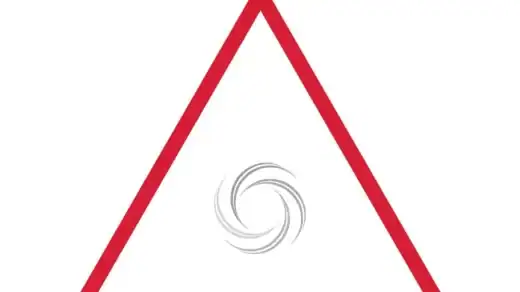The Situation in Gaza and the West Bank
The humanitarian crisis in Gaza has reached catastrophic levels. More than 62,000 Palestinians have been killed since late 2023, including thousands of women and children, amid rampant famine, destruction, and severe shortages of food and medical supplies.
In the West Bank, aggressive Israeli settlement expansion—particularly witnessing approval for 3,400 new homes east of Jerusalem—threatens to fragment Palestinian territory and further undermine the prospects of a two-state solution .
Global Recognition of Palestine Gains Momentum
A growing number of countries are breaking decades of diplomatic silence. In early 2024, Norway, Spain, and Ireland formally recognized Palestinian statehood . Momentum continued through 2025—France, Malta, Belgium, the UK, Canada, and Australia are poised to follow suit, signaling a significant diplomatic shift .
The UK Foreign Secretary also led a coalition condemning Israel’s West Bank settlement plans, citing them as violations of international law .
Growing Public Resistance—Governments Lag Behind
Citizens around the world are no longer silent. In Australia, over 350,000 people took to the streets in cities like Sydney, Melbourne, and Brisbane, calling for a ceasefire in Gaza, an arms embargo, and lawful accountability. Similarly, the Red Line demonstrations in the Netherlands, held in The Hague, brought an estimated 150,000 protesters demanding government action and policy shifts .
These movements highlight a growing rift between governments and their constituents—while public support for Palestinian rights surges, many governments remain hesitant or outright suppressive.
The Contradiction of Suppression
Yet, while some leaders take steps toward justice, others actively suppress it. Germany stands at the forefront of this contradiction. It presents itself as a defender against “hate toward Israel,” but at the same time turns a blind eye to the hate and violence inflicted on Palestinians. Decades of bloodshed, mass displacement, and civilian deaths are dismissed, while pro-Palestinian demonstrations are banned or broken up under the pretext of preventing antisemitism. The result is paradoxical: calls to stop civilian killings are treated as dangerous, while ignoring the deaths of thousands of Palestinians is considered political neutrality.
What the World Won’t Forget
Global public consciousness is shifting. Nations and people are beginning to recognize that Palestinian rights and justice are integral to any lasting peace. Figures like Dutch Foreign Minister Caspar Veldkamp have resigned over their government’s reluctance to act, signaling an ethical stand against inaction .
Simultaneously, world leaders such as Turkey’s First Lady have urged influential figures to raise their voice for Gaza’s suffering, indicating growing diplomatic advocacy . And countries like France, UK, and Canada are taking concrete diplomatic steps by putting Palestinian statehood on the agenda .
In Closing
The road toward justice is far from over. The crisis in Gaza and settlements in the West Bank continue to demand moral clarity and global accountability. But as public pressure grows and more nations move toward recognition, the possibility of meaningful change emerges. Democracies must listen—not only to those demanding justice but also to their own constitutional conscience. “Silence” no longer an option, humanity awaits a response.


